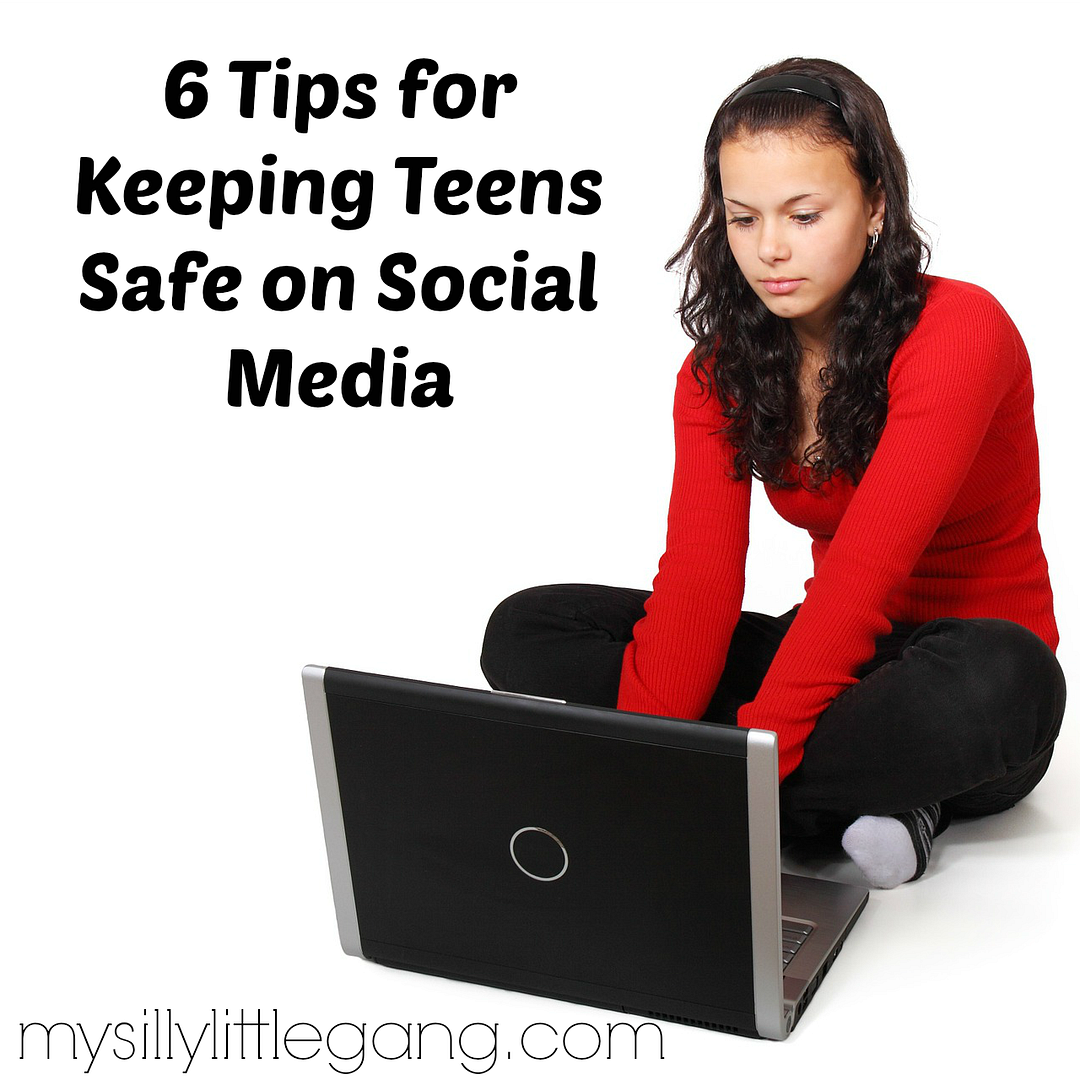Tips for Keeping Teens Safe on Social Media

As a mom of kids who use the internet, I always worry about what they might see or learn from there. So when I came across these 6 tips for keeping teens safe on social media, I immediately thought about sharing it with you.
Six Tips for Keeping Teens Safe on Social Media
WASHINGTON, May 4, 2015 /PRNewswire-HISPANIC PR WIRE/ — As the end of the school year approaches, children and teenagers might turn more to social media channels to stay connected with their classmates and friends during their vacations. This season also gives them the opportunity to make new friends through summer activities or camps, making social media sites like Instagram, Facebook and Twitter important tools to stay in touch.
More than 60 percent of teens in the United States have at least one social media account, according to the American Academy of Child and Adolescent Psychiatry. And while being online is a good way to keep in touch with friends, it’s important for parents to be proactive about Internet safety.
Unfortunately, there are people who can use your child’s personal information to steal identities, bully them or begin an inappropriate relationship. Help protect students from online dangers by following these safety tips:
- Keep your child’s profile private so that only family and people you know see photos, important dates and other information.
- Make sure they’re not posting personal details, including phone numbers, home address, and the name of their school or Social Security number.
- Only allow them to publish photos and videos that don’t jeopardize their safety or their integrity.
- Make sure they choose a strong password that can’t be guessed, and that it gets changed every three months.
- Never allow them to accept friend requests from people they don’t know.
- Keep an open dialogue with your children. Ask them to let you know if they’ve received private messages from a stranger, or from someone at school who is teasing, harassing or threatening them. Those could be signs of cyber-bullying or even a sexual predator.
Get additional online safety tips, and other relevant information on OnGuardOnline.gov, a great government resource for parents and teens.S
SOURCE : USA.gov / GobiernoUSA.gov